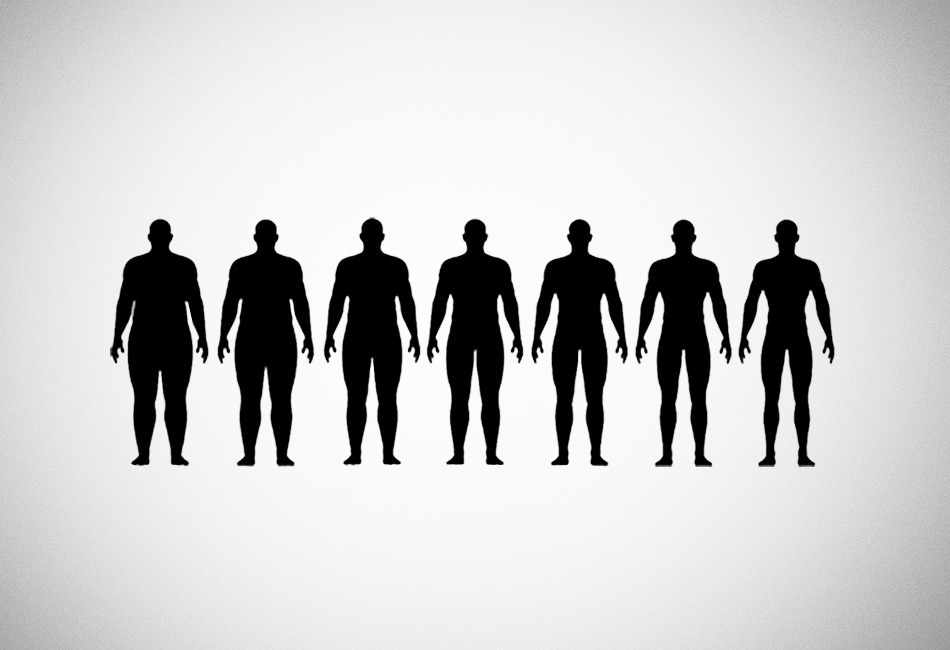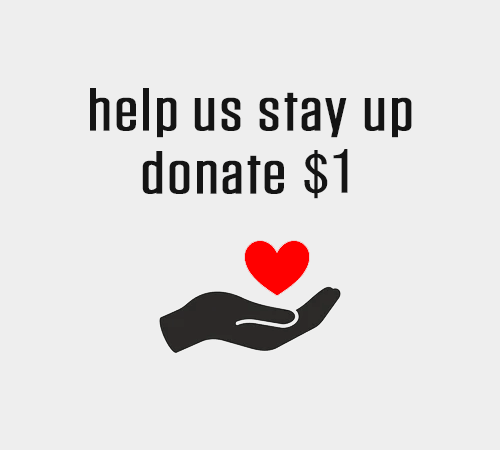Social psychologist, Erich Fromm, made a career out of divining that our bodies are incredibly smart. We are now learning that they are also incredibly responsive, although it may not seem like it at first glance. They respond to our lifestyle, what we eat, how much we eat, what we do to them and what we do with them every single day. And we all have a pattern of behaviour our bodies interpret and use to take the appropriate shape to suit our needs, whatever that shape may be.
While much of our sociopsychological behaviour oscillates between the two extremes labelled nature and nurture, our bodies are the perfect synthesis of the two. If you are a runner, for example, and you cover serious distances and often, your body sheds all the weight it can. It uses up the fat reserves and it streamlines the muscle it carries so you don’t have to carry any extra weight with you as you run, making the process easier and less taxing. If you work on a construction site or you lift heavy weights at the gym your body grows bigger muscle to deal with the load and it does it with exactly the same intent – to adapt to the needs of your lifestyle and use up as little energy as possible in the process. It changes itself to suit your daily needs. Optimising itself for the task you ask of it, on the go.
It stands to reason then that if you have an office job and you spend most of the time in front of the screen but eat as if you were a bodybuilder or a runner your body will go into stockpiling mode and you will develop fat reserves, just in case you need them. The same goes for muscles – if you don’t require them in your daily activities you won’t have them, the body does not build any because there is just no need. That’s why we exercise – we put our bodies under conditions they are not comfortable with to force them to take a different shape and be more comfortable in the future performing similar tasks.
Whatever you do, once you fall in any kind of pattern – your body first responds and then optimises once it hits a level it’s comfortable with. So if you hit a plateau what you need to do is to vary your training, your food intake or both. You need to shake things up to get out of the optimisation process your body put in place or better yet, avoid staying with the same routine for too long in the first place.
What about food, glorious food? Well, it’s not so much about what we eat, as much as it is about how much we eat. We can eat exclusively chocolate covered bacon, for example, and our bodies will take what they need and fill up the fat cells with the rest. If we are not getting enough fuel to perform tasks we need to perform, we’ll lose weight independently of our food choices, which is why we can lose weight on a “chocolate diet” or a “McDonald’s Diet”. Conversely, we can eat a lot of healthy and low fat, low calorie food and still put weight on if we eat more than our bodies require. Eating unhealthily doesn’t necessarily lead to weight gain, excessive eating does, but it does lead to an unhealthy body and malnutrition and all sorts of other issues. Without enough protein in our diets we can’t build properly formed muscle either. We must always keep in mind that what we eat eventually becomes us, literally, since what we eat is used as building material for cells and tissue we constantly grow.
Our body is designed to adapt for whatever we do and if we do something for a long period of time it finds a way to optimise and use up fewer and fewer resources each time it does it. After all, that’s what it is supposed to do – give us the best chance of survival by saving as much as it can in the reserves. It is so focused on this task that even when it saves a hazardous amount of it, there is just no mechanism to prevent it from doing so. Historically, food was always something we had to work really hard for. It was difficult to come by and certainly not something we had an excess of. So our bodies treasure it. From the body’s point of view all food is precious and not to be wasted. It’s the kind of logic that in the past helped us survive.
When it comes to communicating with our bodies it is always a dialog, except we can’t just tell our body what to do, we have to train it and show it what is expected of it on a daily basis. We have to show it how much food is there available, not too much but not too little - as so not scare it into emergency stockpiling. We have to give it a moderate amount of exercise or lead an active lifestyle in every other way to be in the shape we want to be rather than the shape evolution is forcing us to have. Our bodies are happiest when they work. At the end of the day it’s all about mutual respect. Respect your body and give it what it needs and it’ll respect your requests, and do what you want it to do, when you need it to.











